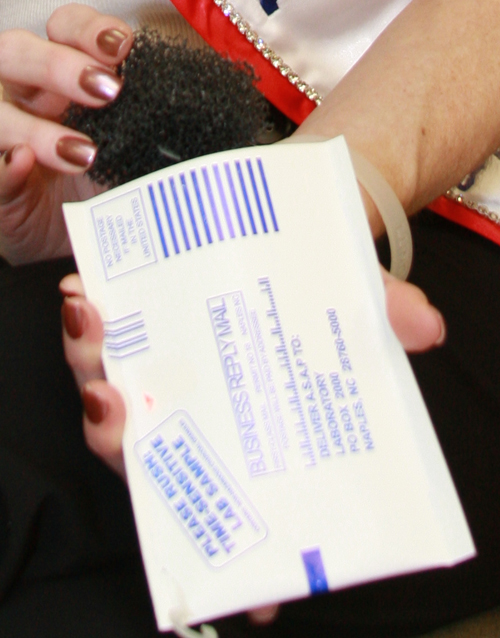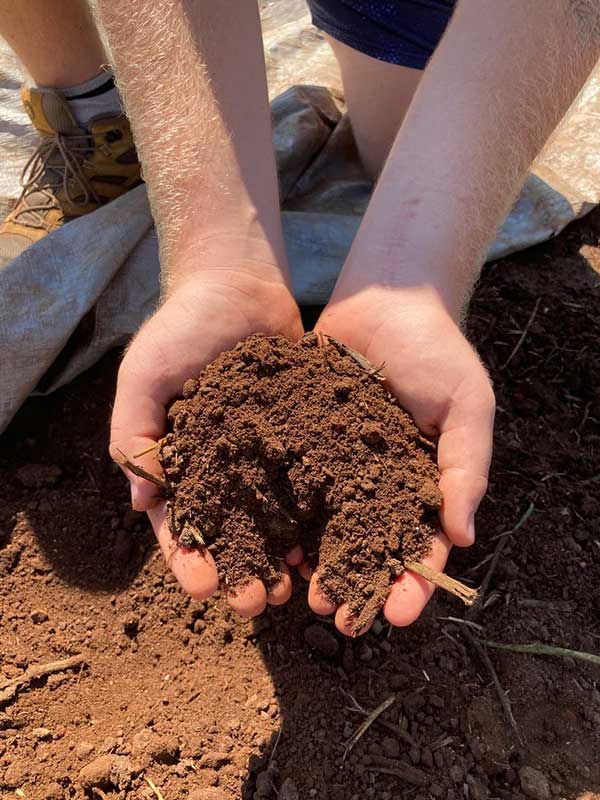January is National Radon Action Month (NRAM). Why is there a month dedicated to this gas? Radon is a naturally occurring radioactive gas that is safe in outdoor conditions, but can lead to serious health effects if present indoors in large amounts.
Radon is the second leading cause of lung cancer in the United States, and the leading cause of lung cancer in non-smokers. Radon is responsible for more deaths than drunk driving. The good news is this is something that is easy to test for and fix.
Radon can be a problem anywhere in the state, but higher levels are typically seen in the upper third of Georgia due to the soil and rock environment. Radon is a product of uranium decay, which is very common in this area because of Stone Mountain. Just because you may not live in the upper third of Georgia or near Stone Mountain doesn’t mean you don’t need to test your home.
Radon enters homes through gaps or cracks in the construction. Air pressure acts as a vacuum and sucks radon into homes. Radon concentration in homes varies from house to house. Your neighbor could have low and acceptable levels of radon while you may have very high levels. The only way to know is to test your home.
How do you get a test kit? Go to the local University of Georgia Extension office or order online at www.UGAradon.org. Place the radon test kit in the lowest livable level of the home for 3 to 7 days. Complete the required information on the envelope and mail it to the laboratory to be analyzed. Results will be mailed to you and, if the level is high, a radon educator will follow up with you to determine your next step.
The U.S. Environmental Protection Agency (EPA) considers any level of 4 picocuries per liter (pCi/L) or above to be high. If your test kit reveals high levels of radon your home should be mitigated. This is how radon levels are reduced. Mitigation includes installing a fan ventilation system that removes the concentrated radon to outside. Don’t worry, the radon released outside is safe and of no health concern.
Your family could be breathing in high levels of radon in your home on a daily basis. Order a test kit today to help protect the health of you and your family. For more information, visit www.UGAradon.org or send an email to ugaradon@uga.edu.









